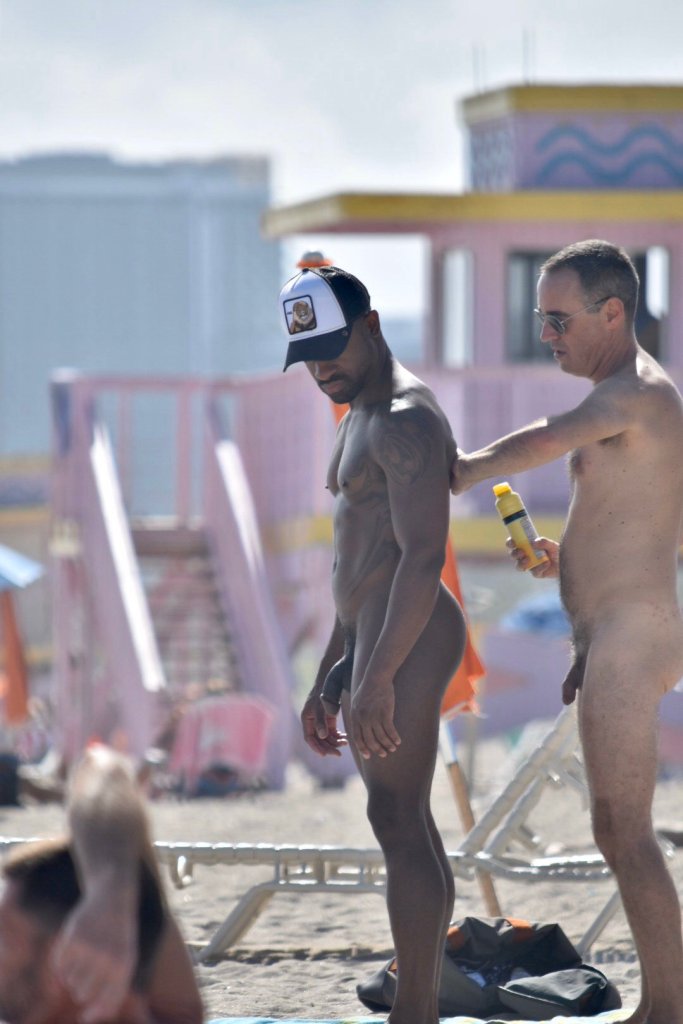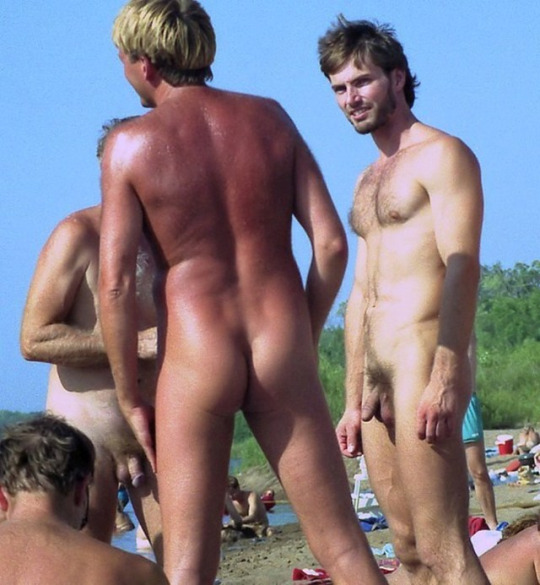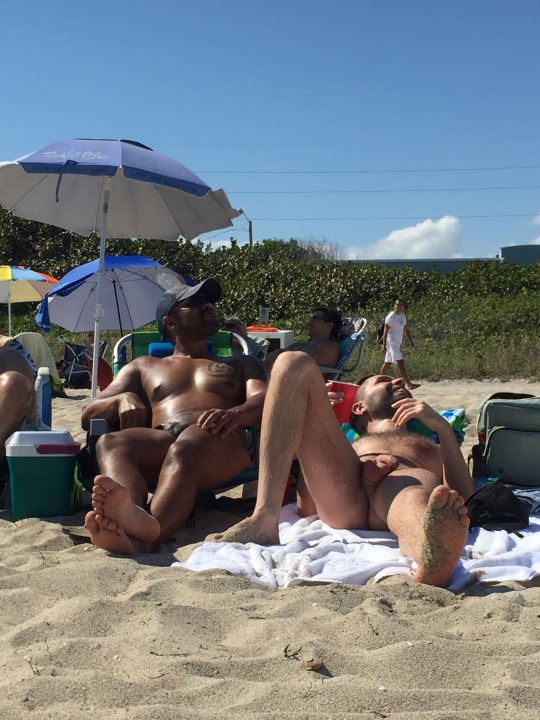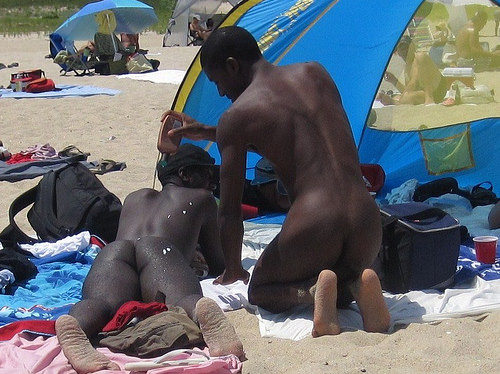
SOS = Sunscreen On Skin!
Background:
This is my annual post entry here on ReNude Pride to remind everyone (follower and/or visitor) of the healthy and lifesaving capability and importance – and necessity – of sunscreen and the essence of applying it daily. Even though I publish this notification as the summer season approaches in the Northern Hemisphere, I need to reiterate that sunscreen is essential all throughout the year! The UV sunrays are not reduced due to colder/cooler temperatures. The UV sunrays are effective regardless of the season!
My initial posting was repeated, verbatim, for the period of the first several postings here. It was then that I realized that I could offer updates and extra information. I instituted this editing and practice through a section entitled – initially – “update.” I soon realized that this was a faulty habit and now post this announcement that from henceforth, I will revise the information based on the relevant topic agenda. I continue this procedure even today. New topics and details are added throughout each annual post entry.

The summer doesn’t officially begin until 21 June, 2024, in the Northern Hemisphere. However, in the USA, this upcoming weekend is a three-day holiday and most people here consider this occasion as the unofficial beginning of the legendary season of “fun in the sun!” No matter which day one prefers for the arrival of summer, there’s no denying the fact that warmer temperatures and longer hours of daylight are here! This means that the textile people are wearing less clothing and those of us who live in the glory of our nakedness are, as usual, basking in our freedom!
The Important Reminder:
In our eagerness to get out and frolic in the fresh air and warm sun, many of us forget one of the essentials elements of our health: We all need to protect our skin before we uncover any part of or all of our body! This protection entails the use of an appropriate sunscreen applied correctly, adequately (sufficient quantity) and, when necessary, reapplied diligently. The purpose of sunscreen is to protect ourselves from the harmful rays of sunlight, whatever season of the year. Sunscreen should be used all year long not just during the summertime!

What is sunburn?
Sunburn is caused by the sun’s ultraviolet (UV) radiation and not heat. It is important to remember that human skin can and does burn even on overcast or cloudy days, cold winter days and while under a shade (sheltered from direct sunlight). Sunburn damages or destroys the skin, which controls the amount of heat our body retains or releases, hold in fluids (hydration) and protects us from infection.
Reactions to sunburn range from mild irritation to serious pain. Sunburn may cause fevers and nausea (depending on the severity of the burn) and makes the dead skin peel away. Sunburn may lead to serious health complications later in life.
The information published in this post entry is very general and is offered as a guide to use in selecting the type of sunscreen that’s best for personal protection. Keep in mind that every individual is just that, an individual: a unique person. What is applicable for one may not be the same for another. When in doubt, consult a health practitioner. It is better to ask now than to be sorry later!

What is sunscreen?
Sunscreen is a chemical that, to a certain degree, prevents UV radiation from reaching the skin. While there is no product that totally eliminates UV radiation damage, many variations, when used properly, can and do protect the skin adequately.
What should I look for in a sunscreen?
Regardless of where sun activity is happening: backyard, ball-playing field, park or beach, etc., the product should contain two elements for effective protection. Always use a “broad spectrum” sunscreen that contains chemicals that block both UV-A and UV-B radiation from penetrating the skin surface.
While no product is completely waterproof, select a water-resistant type that is designed for long-lasting wear, especially if swimming or sweating (perspiring). Choose a variation that is both easy to apply and feels good on the skin. There are numerous commercial qualities available: creams, lotions, moisturizers, gels, sprays and solid stick types.
What is SPF?
The initials SPF refer to the sun protection factor. It is the measure of the effectiveness of the sunscreen in absorbing UV radiation. If someone sunburns after about 10 minutes of sun exposure, using a product of SPF15 extends the amount of time before sunburn occurs to approximately 150 minutes or roughly two and a half hours. After this time, it should be reapplied to continue protection.
In terms of percentages, a product of SPF15 blocks 93% of the UV-B rays. One of SPF30 blocks 90%. The difference in protection may not justify the added expense of higher SPF sunscreens, in particular those manufactured in the USA.
USA: SPF Inconsistencies
Most consumers choose a sunscreen product based on it’s sun protection factor (SPF) rating, often selecting those with a higher SPF, convinced they’re getting the protection from the sun’s harmful ultraviolet (UV) rays.
In the USA, SPF values are an unreliable measure of a products sunscreen effectiveness. A good and effective sunscreen should provide equal broad-spectrum protection from both UV-A and UV-B rays. Within the USA, the SPF rating reflects only how well a particular product protects from UV-B rays. Broad-spectrum sunscreens are available, but the SPF rating values do not stipulate the difference.

What’s the best sunscreen for me?
This depends on may aspects, including age, skin type, activity, time of day, location (proximity to the Equator) and the UV index. For most skin types, a sunscreen with a broad-spectrum minimum SPF15 is recommended. Men with fair or lighter skin tones (of all ethnicities and races) and low sun tolerance (burn easily) should use a broad-spectrum SPF30. For minimal sun exposure, 90 minutes or less, a moisturizer cream may suffice (with correct SPF level). For extended periods of sun exposure and higher activity engagement, use a longer-lasting product such as a cream, gel or lotion.
Spray (aerosol or pump) are beneficial for hairier parts of the body, including the arms and armpits, back. chest, legs and the pubic region. If a person is acne-prone, choose sunscreens that are oil-free or non-carnodegenic.
For persons with sensitive skin, the chemicals in some sunscreens may cause irritation. Use a product that contains only physical blockers (zinc oxide and titanium dioxide). A physical blocker does not penetrate the skin layers as do chemicals. Physical blockers stay on the skin surface to provide protection.
What’s the best way to use sunscreen?
If you’ve used sunscreen before and suffered sunburn, it was either applied incorrectly or the wrong SPF. For sunscreen to be effective, it must be in sufficient quantity, applied correctly and thoroughly, applied prior to sun exposure and reapplied when necessary.
Remember the lips! Use a lip balm with a minimum SPF15.
How much?
One ounce (a full shot glass) per adult body per application (minimally). Apply liberally all over the body, including behind the ears and on the edges of the ear and ear lobes.
When to apply?
At least 30 minutes before going into the sun. Reapply 15 minutes later. The extra application helps to cover body areas that may have been missed the first time. Once in sunlight, reapply every couple of hours, especially if swimming, perspiring or towel drying.

Who should use sunscreen?
Everyone needs skin protection. All ethnicities and races are susceptible to sunburn. Persons with darker skin complexions may have a higher tolerance for sun exposure but at some point, will begin to experience sunburn. Keep in mind that skin damage and serious complications later in life are a result of the failure to protect the skin.
Do persons of African descent need sunscreen?
All persons need to protect themselves from UV-A and UV-B sunrays. A common misconception is that Black people and others with darker skin tones is that their melanin-infused skin completely eliminates the necessity for sunscreen as protection. Yes, darker skin does offer limited additional tolerance but all persons, no matter their skin tone, need to wear sunscreen.
For a long time, all races mistakenly believed that the darker skin needs at least an SPF30complexions of persons of African, Middle Eastern and Indigenous American and Australian heritage were immune from the damaging and harmful rays of the sun. Despite the fact that melanin-infused skin have a higher genetic tolerance than fairer (lighter) skin tones, everyone has a natural deficiency of SPF.
At minimum, skin needs at least an SPF30 broad-spectrum for full protection. from UV-A and UV-B. Black people (on average) have a natural deficit of about SPF17 because melanin naturally provides a SPF13.

What about my eyes?
Ultraviolet rays do have an adverse effect on eyes as well as vision. Sunglasses that are able to filter the sun’s rays are available without a prescription. Protect yourself!
Naked hugs!
Roger Poladopoulos/ReNude Pride

Author’s Note: The next post entry here is planned for Friday, May 24, 2024, and the proposed topic is: “Almost Here!”

Skin tone isn’t much of a guide for needing sunscreen. I know a guy who’s noticeably darker than his parents yet he burns MUCH more quickly than they do.
Also, from experience I can tell you that sunscreens that are labelled “non-comedogenic” can cause horrible acne breakouts! Until I was in my 50’s there was only ONE brand that did not make my acne worse. You have to keepetrying different brands until you find one that works for you.
LikeLiked by 1 person
All persons – regardless of skin tone – need sunscreen. Absolutely! In the USA, there is a serious neglect to protocols for sunscreens. The European and Asian variants are far better and with fewer side effects! Naked hugs! 🙂
LikeLike
A very powerful statement cast iron!🎡✈️
LikeLiked by 1 person
😉 Naked hugs!
LikeLike
I’ve known enough people with skin cancer to heed your advice!
Naked Hugs!
LikeLiked by 1 person
Unfortunately, that’s true!
LikeLike